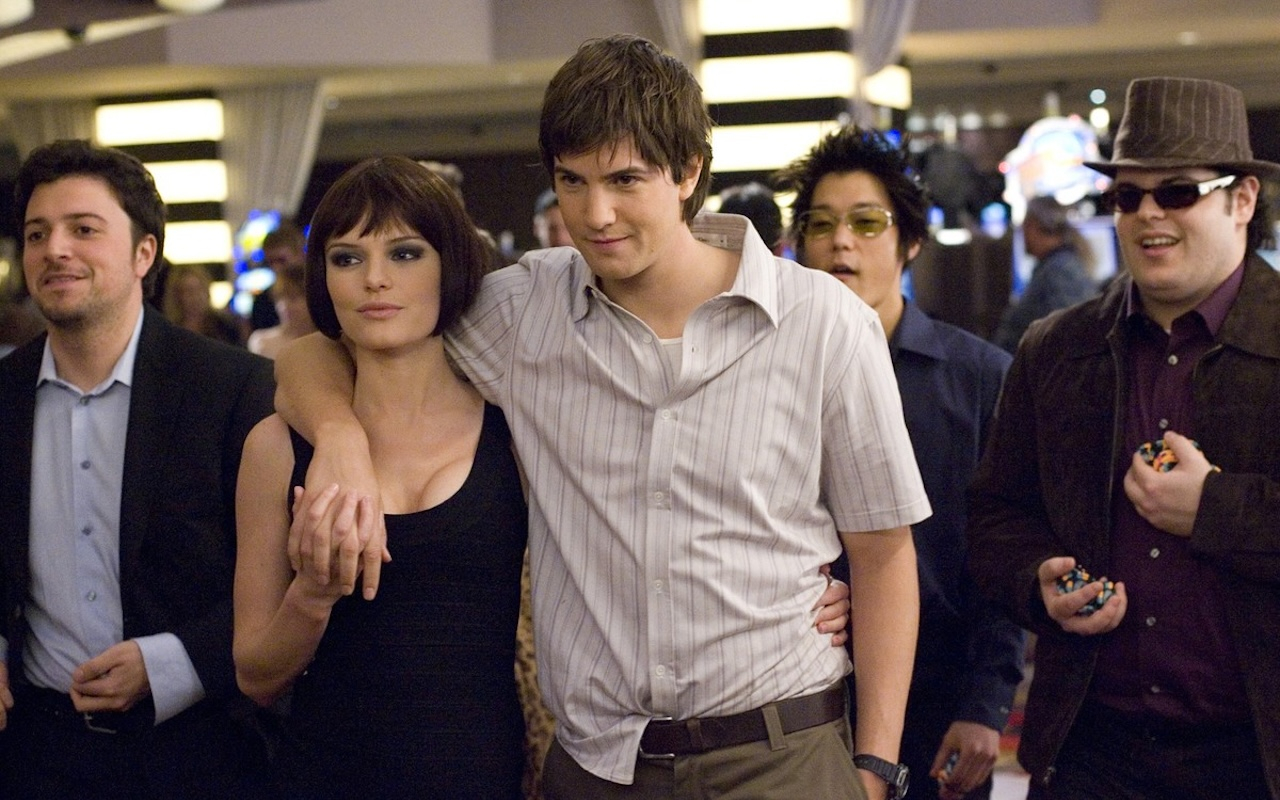Bring back the classics: 21 and the tale of beating the house

In the high-energy world of 21, a group of brilliant MIT students cracks the code of a classic game, jetting off on weekends and raking in rewards with calm precision. Based on the true story of the MIT card team, the 2008 film turns mathematical edge into an art form and a heist-style thrill ride. But how does that world stack up against today’s digital strategy games, where the action is just a click away? Let’s dig into the myth, the math, and the enduring appeal of high-skill gameplay on screen and online.
Today, there’s no need to book a flight to join a round. The game has evolved – modern platforms bring all the challenge and pace of the originals to your screen, blending entertainment with technology. You won’t find velvet tables or tense glances from across the room, but you will discover something just as compelling: accessibility, variety, and clever twists powered by software.
One of the draws of these online versions is how best online casinos that payout recreate the experience with live-hosted matches and high-definition streams. Players can join real-time rooms, interact with professional hosts, and even explore game variants tailored to different styles and skill levels. Whether you’re in for casual fun or ready to apply strategic thinking, there’s a format that fits.
Of course, unlike traditional table settings, digital play runs on Random Number Generators or frequent reshuffles, which changes the dynamic. That means tactics like card counting – the very method the MIT team famously used to beat the house – aren’t applicable here. Still, there’s plenty of room for skill, analysis, and making informed choices to maximise the experience.
What makes 21 so entertaining is the idea that a few smart players could outthink an entire system. The film blends high-stakes drama with lightning-fast calculations, clever team coordination, and just enough risk to make it a rollercoaster. While the methods portrayed – like card counting and signal calling – are based on real strategy, they require extreme discipline and mental agility to execute.
In reality, it requires intense focus, practice, and near-perfect memory: maintaining a mental count across multiple decks and constantly adjusting to shuffled layouts takes relentless training. It’s no wonder that these stories have taken on a mythic quality – impressive, yes, but far from everyday tactics.
Online, the focus shifts. Instead of chasing numerical advantage, players embrace spontaneity and variety. You can drop into a session, try out different rulesets, and explore dynamic rooms without pressure. Some platforms even offer performance bonuses – free credits, welcome packs, and loyalty perks – to extend playtime and reward experimentation.
While 21 is all about squeezing an edge from the math, today’s digital platforms offer a different kind of advantage: incentives designed to enhance the player experience. Many sites provide matched credits, trial modes, and loyalty rewards that extend session time or unlock extra features right from the start. These benefits won’t change the underlying mechanics, but they make participation more appealing. Sampling a new format without using real funds becomes a viable path. Exploring themed versions of the game purely for fun is actively encouraged. There’s a real sense of flexibility and control that these platforms deliver—one that arguably surpasses even the energy of traditional venues.
At its core, the game remains a timeless contest of logic, rhythm, and focus. Whether you’re marvelling at the MIT team’s slick calculations in 21 or diving into a sleek online matchroom, the thrill of the challenge – and the dream of beating the house – remains constant. And today, it’s never been easier to explore that world.
The editorial unit

























Facebook
Twitter
Instagram
YouTube
RSS